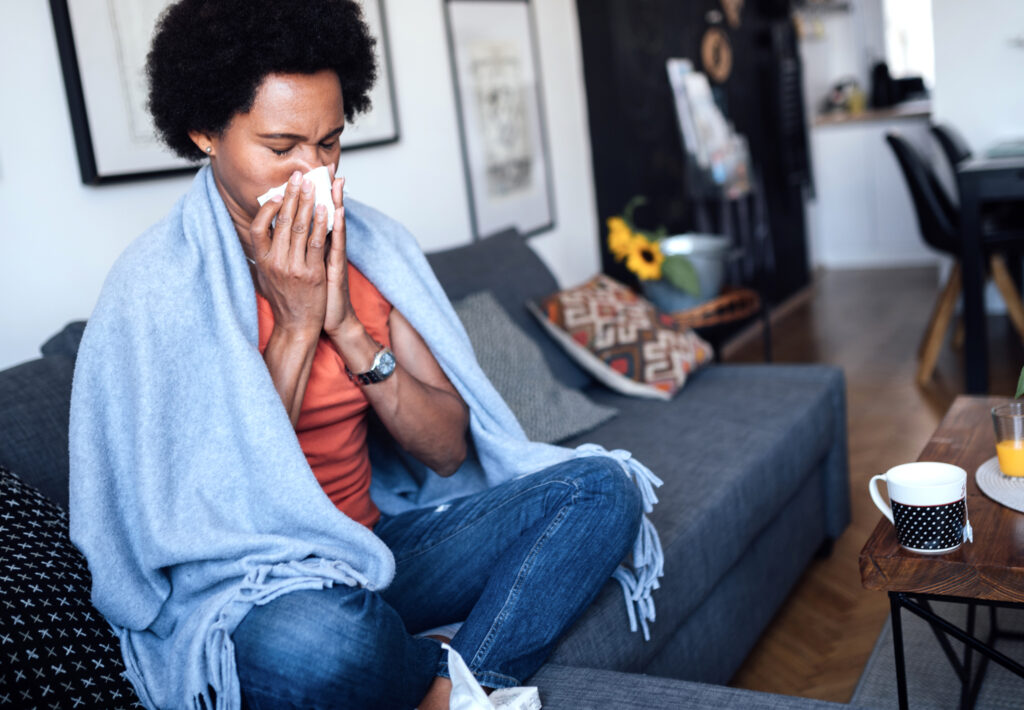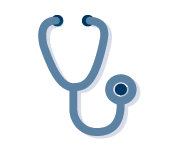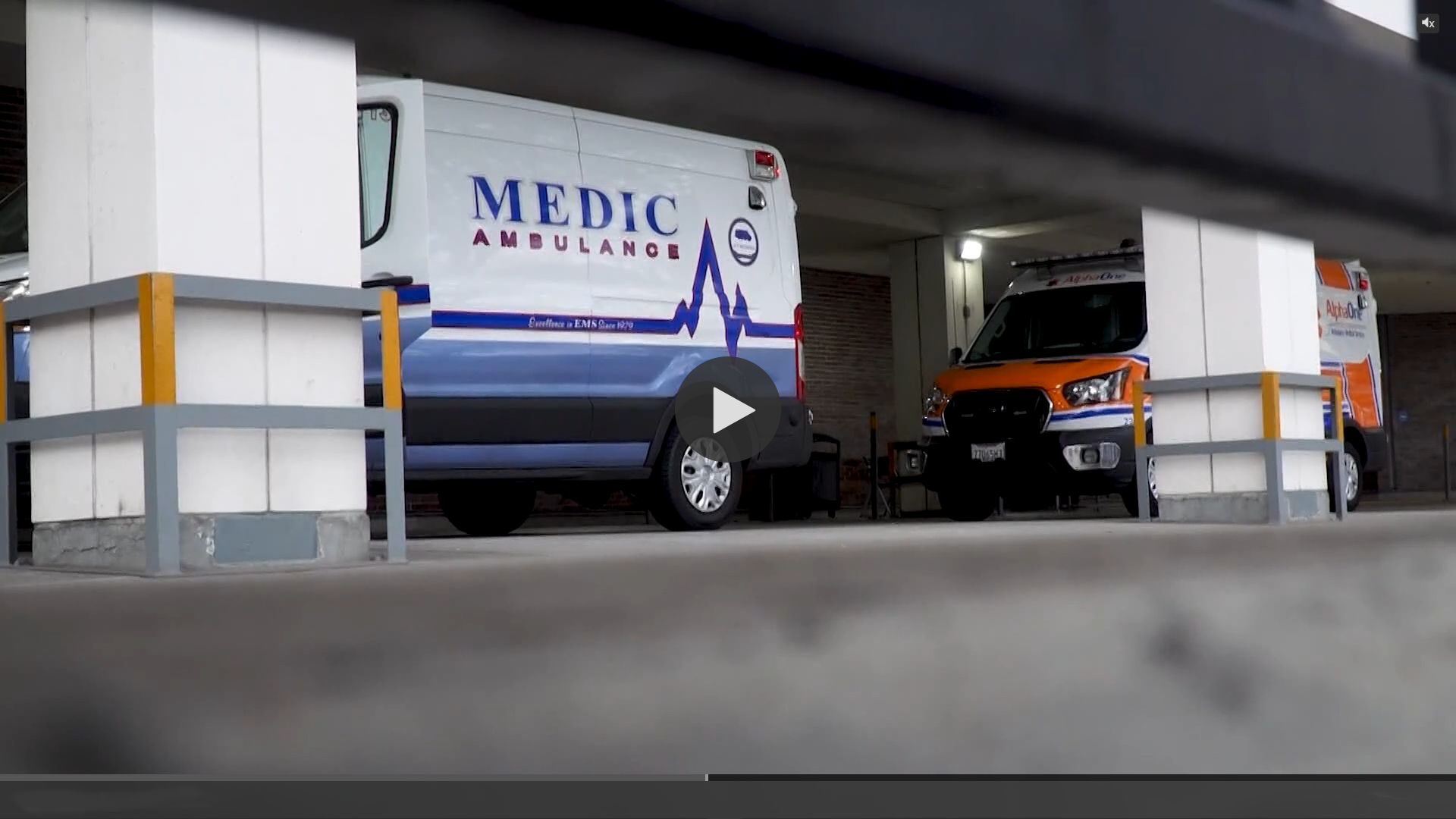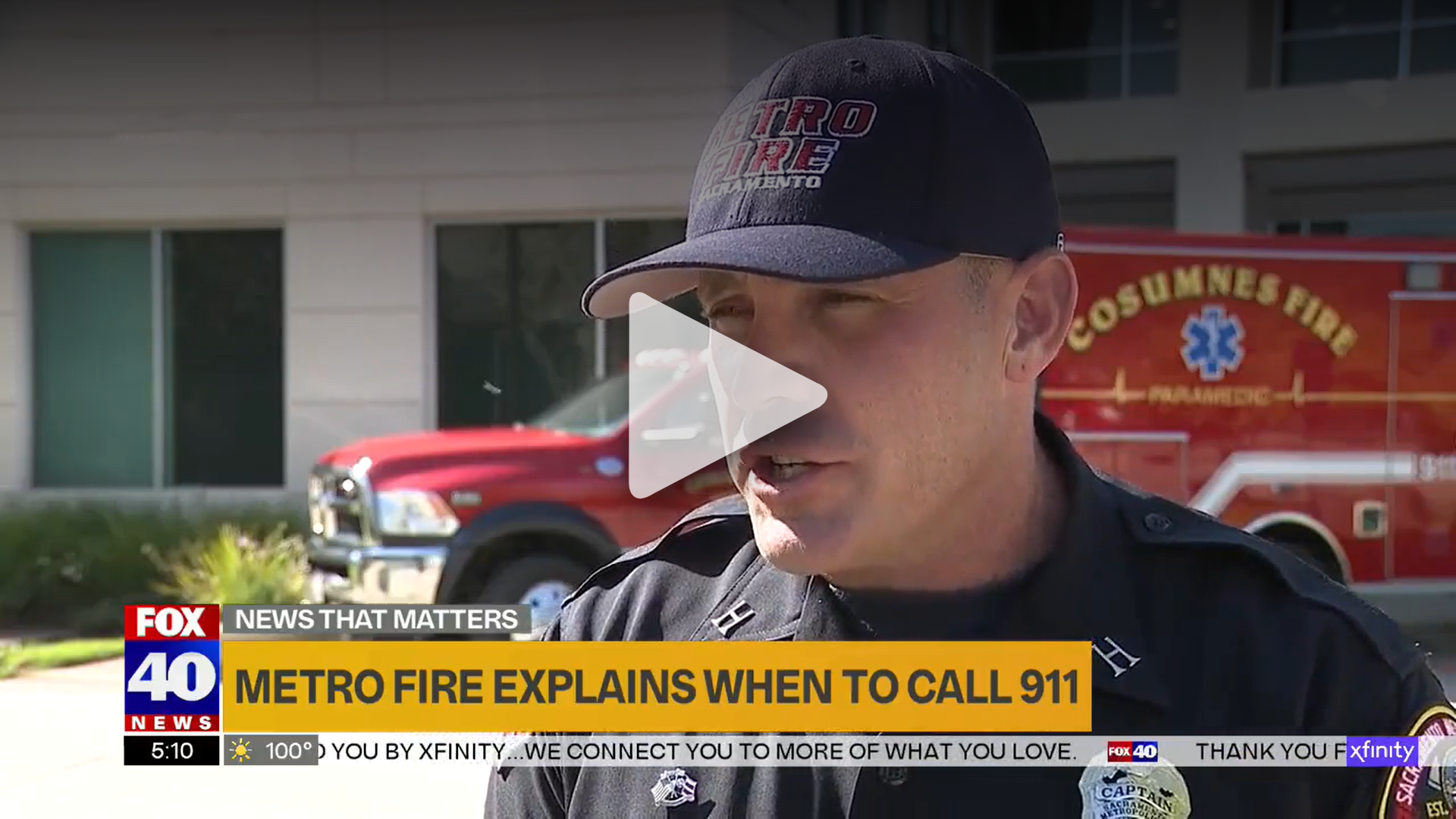Be Healthy and Thankful this Season

As you gather with family and friends, make sure germs aren’t on the menu!
· CDPH: Tips for Staying Healthy this Virus Season
· CDC: Tips to Protect Against the Flu
· UCSF: Eight Simple Tips to Stay Healthy
Seeking care in all the right places
As we move into a post-pandemic world, we’re picking back up our pre-pandemic routines. For many, this means once again seeking clinical care: scheduling doctor’s appointments, making sure we’re up-to-date on vaccines, and taking preventative wellness measures to reduce the risk of chronic disease. The Sacramento region is home to many options for care. UC Davis Health, Kaiser Permanente, Sutter Health, and Dignity Health all offer emergency departments, walk-in care, urgent care, and primary care health centers.
With so many options for care, how do patients know where to go?

When you get sick or hurt, it can be hard to decide whether to see your regular doctor, go to a hospital emergency room, or visit an urgent care walk-in center.
Here’s a handy guide to help you make the best choice.
For preventative health services, check-ups and other non-urgent health needs, primary care physicians are the ideal place to make an appointment.
For same-day care when you or a family member is not feeling well or has sustained a minor injury and you need to see a clinical care giver right away, walk-in care or urgent care are appropriate places to seek help. Many urgent care sites offer same-day appointments for convenience.
To seek emergency care for severe illness and injuries, community members should visit an emergency department. Finally, in life-threatening emergencies, we always encourage our community to dial 9-1-1 to reach out to first responders who can render immediate aid.
OTHER RESOURCES
City of Sacramento 311: Government services including utilities, animal control, and other services
City of Sacramento 311 smartphone app
Sacramento 211 program: Social services including housing, cooling centers, and help for seniors
Sacramento County 988 program: Suicide prevention
Sacramento Sees Big Increase in Non-Emergency 911 Calls for Ambulances
The pandemic has caused many people to delay needed health care. Now, first-line responders are seeing many more people call 911 for non-emergency care, which reduces the response capacity for time-sensitive and life-threatening situations — and imposes a substantial burden on emergency response systems and the communities they serve.
With these large increases for non-urgent care, Sacramento’s first responders are encouraging people to get the right care, in the right place, at the right time.
300%
One of Sacramento’s busiest hospital emergency departments has seen a 300% increase in patients arriving via ambulance at the lowest level (least sick) possible assessment (level 5 on the ESI scale). In fact, over half of patients arriving at this emergency department are ultimately not sick enough to be admitted to the hospital for further care.
2,000 hours
With these recent increases, ambulance crews in Sacramento are spending between 2,000 and 3,000 hours each month waiting with patients who are not sick enough to be unloaded and seen at the hospital.

When an ambulance arrives at a hospital, patients are assessed to determine how urgently their condition needs care. Arriving via ambulance does not “jump the line” or help a patient get seen sooner by medical providers than arriving at the hospital any other way. In reality, many patients have to wait outside the hospital, in an ambulance, for hours because they are not sick enough to be seen sooner.
Increases in ambulance calls for non-emergency care mean ambulances wait — sometimes as long as 8 hours — at the hospital before they can unload their non-emergency patients.

As a community, it is imperative we address this issue by better assessing the need for emergency care to elevate the burden our hospital systems and emergency responders are facing.
By reducing our non-emergency 911 calls, we can better serve the community members who are experiencing emergency or life-threating medical issues.
*If you feel you are in an emergency where your life is at risk, call 911.

